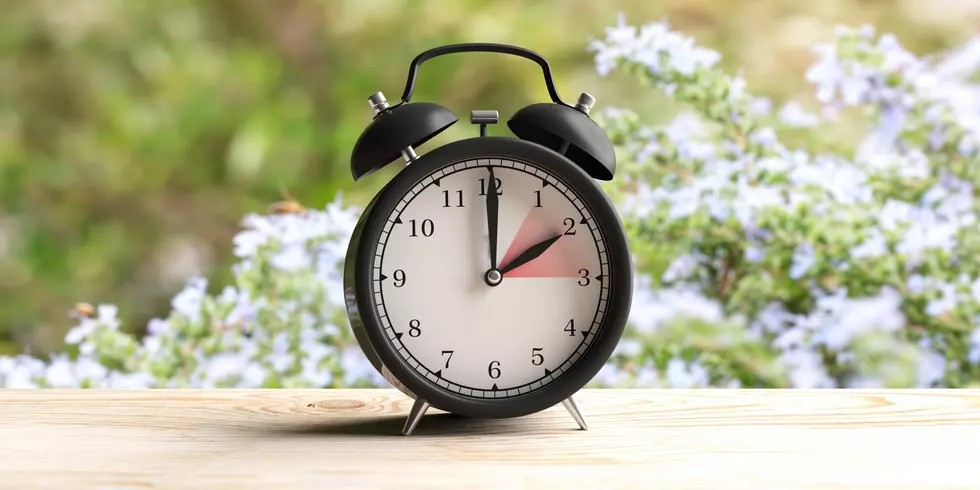
This Week Is One of Most Dangerous of Year Because of Daylight Saving Time
This week might not be the time to pick up that new knife throwing or sky diving hobby you've been thinking about.
According to the New York Times, Monday is one of the most dangerous days of the year because of daylight saving time . The rest of the week is affected too.
On the Monday after we "spring ahead" some studies have found an increase in strokes, car accidents, heart attacks, and workplace injuries.
Researchers think loss of sleep and disruption of our biological clocks are to blame, or as one study calls it: "acute minor sleep deprivation and circadian rhythm disturbances".
Our bodies are not used to getting up an hour earlier for work or school. Our biological clocks get confused, so we feel thrown off, distracted, and stressed, which may lead to accidents or health issues.
So what can you do to help yourself out with adjusting to the time change?
Outbreak News Today shares these tips from Dr. Jeffrey P. Barasch, medical director of Ridgewood, N.J.-based The Valley Hospital Center for Sleep:
- Get up at your usual time regularly. Although you may find this a bit difficult, it will help you adjust to the time change.
- Avoid sunlight or bright light in the first few evenings after the time change, as this will keep you awake later and prevent adjustment of your body’s clock.
- Don’t nap within a few hours of your regular bedtime because this will disrupt nighttime sleep.
- Create a sleep-friendly environment that is dark, cool, comfortable and quiet.
- Have a relaxing bedtime routine, i.e. soaking in a hot bath, reading or listening to soft music.
- Avoid caffeine, nicotine and alcohol for several hours prior to bedtime as they can disrupt sleep.
For more pointers, click here.
More From 97.9 WGRD









